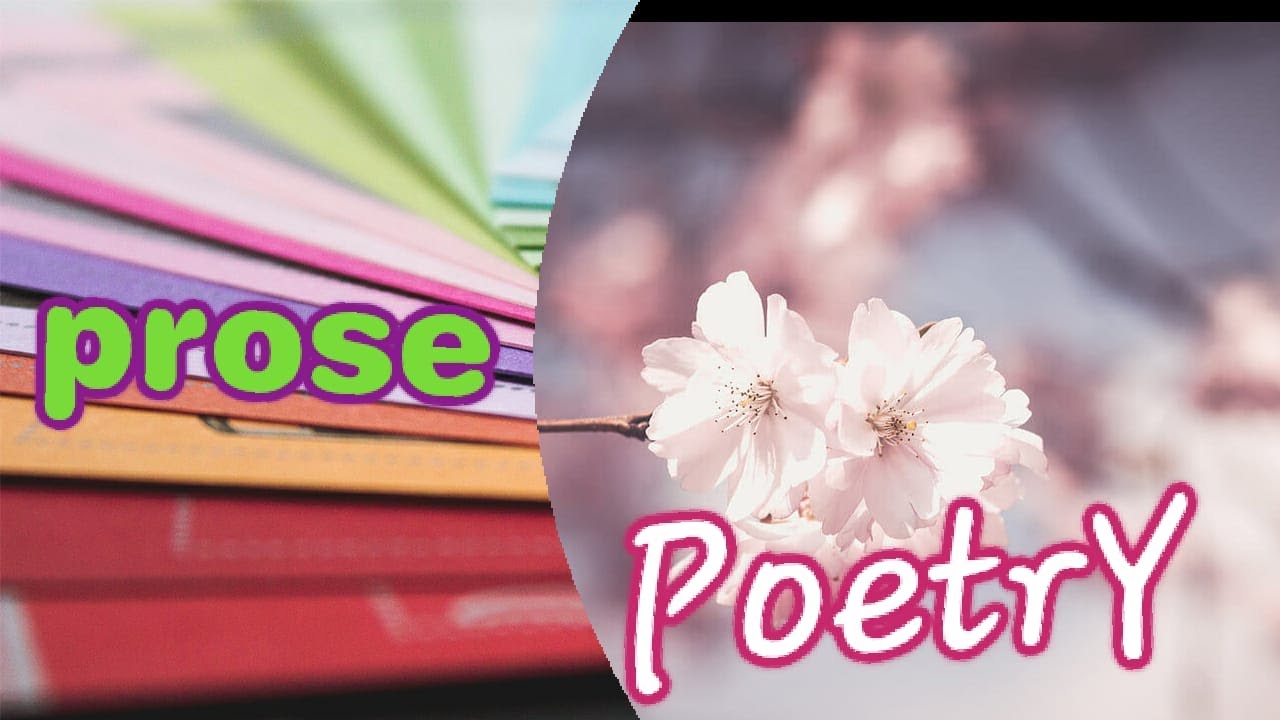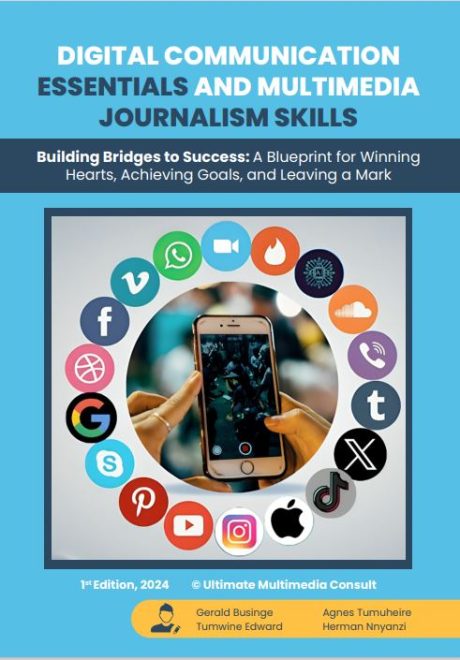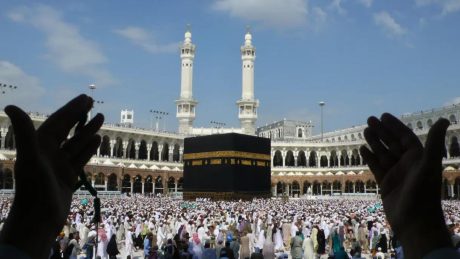8
LITERATURE IN ENGLISH ADVANCED LEVEL PAPER ONE – PROSE AND POETRY Prose and poetry are two ways of classifying types …
LITERATURE IN ENGLISH ADVANCED LEVEL PAPER ONE - PROSE AND POETRY
Prose and poetry are two ways of classifying types of writing. Sometimes we group literature according to the topic matter (fiction, non-fiction, mystery, drama, and so on). The two topics make up the Literature paper one course.Course Currilcum
- LIT/A/1: Prose FREE 2 years, 8 months
- Prose is a form of language that has no formal metrical structure. It applies a natural flow of speech, and ordinary grammatical structure, rather than rhythmic structure, such as in the case of traditional poetry.
- LIT/A/1: ‘I have a rendezvous with Death’ by Alan Seeger FREE 1 year
- Poetry (the term derives from a variant of the Greek term, poiesis, "making") is a form of literature that uses aesthetic and rhythmic[1][2][3] qualities of language—such as phonaesthetics, sound symbolism, and metre—to evoke meanings in addition to, or in place of, the prosaic ostensible meaning.
- LIT/A/1: Wilfred Owen: ‘Anthem for Doomed Youth’ 02:00:00
- Men of the 10th (Service) Battalion, East Yorkshire Regiment of the 31st Division marching to the frontline, 28 June 1916. By Brooks, Ernest (Lieutenant) (Photographer) Owen fought at the Somme and was admitted to the Craiglockhart War Hospital in Edinburgh in 1917 after suffering shell shock where he met Siegfried Sassoon, who helped him channel his war flashbacks into poetry. He returned to fight and was killed in action a week before the war ended, in November 1918.
- LIT/A/1: BUILDING THE NATION By Christopher H. M. Barlow FREE Unlimited
- What is the poem about? The poem is about the concept of nation building as taken by African bourgeoisie class who came to power after colonialism. The poet shows that independence was just the change in colour but the leaders adopted the very tenets of their predecessors.
- LIT/A/1: BUILDING THE NATION By Christopher H. M. Barlow assignment 5, 00:00
- LIT/A/1: POETRY UKRITYE (Chernobyl, 1986) Unlimited
- Poetry (the term derives from a variant of the Greek term, poiesis, "making") is a form of literature that uses aesthetic and rhythmic[1][2][3] qualities of language—such as phonaesthetics, sound symbolism, and metre—to evoke meanings in addition to, or in place of, the prosaic ostensible meaning.
- LIT/A/1: Still I Rise BY MAYA ANGELOU 24 hours
- self-respect and confidence Still I Rise” is primarily about self-respect and confidence. In the poem, Angelou reveals how she will overcome anything through her self-esteem. She shows how nothing can get her down. She will rise to any occasion and nothing, not even her skin color, will hold her back.
- LIT/A/1: IMAGERY 24 hours
- In poetry, imagery is a vivid and vibrant form of description that appeals to readers’ senses and imagination. Despite the word’s connotation, “imagery” is not focused solely on visual representations or mental images—it refers to the full spectrum of sensory experiences, including internal emotions and physical sensations.
- LIT/A/1: BUILDING THE NATION By Christopher H. M. Barlow (Uganda) 01:00:00
- Building the nation is a poem by a Ugandan poet Christopher Henry Muwanga Barlow that principally explores the lifestyle of African bourgeoisie who came to power after colonialism and ideally, simply replaced the coloniser. There is a need for African leaders to create hope for those they lead but they are caught up in the same evil lifestyle of their colonial predecessors. The aspects of nation building which were supposed to dominate public and political policies have been thrust to the periphery of human thought.
- LIT/A/1: A FREEDOM SONG (BY Marjorie Oludhe Macgoye (Kenya) 01:00:00
- Marjorie was born in Britain in 1928 and travelled to Kenya to work as a missionary. She met and married Macgoye in 1960. This poem was written out of her experience in living among the Luo – a tribe of her husband. She criticises negligence of nurturing children among African societies. Without proper guidance, the young girl Atieno becomes pregnant which leads to her death.
- LIT/A/1: DEATH BE NOT PROUD (JOHN DONNE (England)) 01:00:00
- This sonnet is about making death seem not-so-scary. Death has got the real attitude problem in a sense that he thinks he is the biggest, worst meanest dude in town. Everybody treats him like the king of the underworld. They think he has the power to do the terrible things. Donne and other metaphysical poets in general are masters of surprise ending and this one is no exception. In traditional Christian theology, it is thought that when people die it’s like they are asleep until the end of the world or the judgement day. The poem like most sonnets has centred on only one subject – death
- LIT/A/1: THE GRACEFUL GIRRAFE CANNOT BECOME A MONKEY Okot P B’TEK (Uganda) 01:00:00
- This is a short extract from a long poem called “song of Lawino” which is almost entirely based on the conflict between old and new ways of life. So it is based on what Lawino thinks as a treasure for Africans as contrasted from what Ocol thinks on his side. (Although their names do not appear anywhere throughout the poem).
- LIT/A/1: AFRICA (BY David Diop (Senegal) 01:00:00
- This poem is written by David Diop - A Black African who was born in France in 1927. His father was from Senegal and his mother from Cameroon and he grew up in France and West Africa aware of both cultures and traditions. He was deeply concerned by the question of independence from colonial rule.
- LIT/A/1: LET ME NOT TO THE MARRIAGE OF TRUE MINDS (W. SHAKESPEARE (ENGLAND) 01:00:00
- This is a sonnet also called sonnet 116 written by a British metaphysical poet William Shakespeare (1564-1616) that tries to fill the vacuum of infidelity and unfaithfulness in marriage relationships. The poet shows that at least true love based on truth and understanding can exist. He presents two glorious lovers who come into relationship freely and are trustful to each other.
- LIT/A/1: I REMEMBER (Naomi Mnthali (Malawi) 01:00:00
- This is a poem by a Malawian poetess Naomi Mnthali that tells a story of changes of power and of hopes being raised and disappointed. The poem refers to Malawian independence that brought hopes to the people of the land but later became only a nightmare or a daydream. Although it is about Malawian independence it can also describe other parts of African continent in general.
- LIT/A/1: IF WE MUST DIE. (Claude McKay) 01:00:00
- Claude McKay was born in 1890 in Jamaica. He went to Kansas to study agriculture at the time when Ku Klux Klan was highly active. He was therefore forced to move to New York in 1914. In 1919 Washington DC newspaper gave stories of an alleged (suspected) sexual assault that was said to be committed by an African American. The stories sparked (caused) a series of twenty riots during the summer of 1919, beginning with white lynch mob (murderous group) that targeted blacks in Washington. There were 28 public lynchings (killings) in the first half of the year and the following summer and fall came to be known as “The Red Summer” of 1919. This was the motivation behind McKay’s “If We Must Die”
- LIT/A/1: ELEMENTS OF POETRY 24 hours
- Aspects or elements of poetry can be defined as a set of instruments used to create a poem. There are several features used to make up a good poem.
Related Courses
Mastering AI for Better Communication, Content Creation, and Work Efficiency
UGX 1,600,000Original price was: UGX 1,600,000.UGX 1,000,000Current price is: UGX 1,000,000. per 3 months 20





